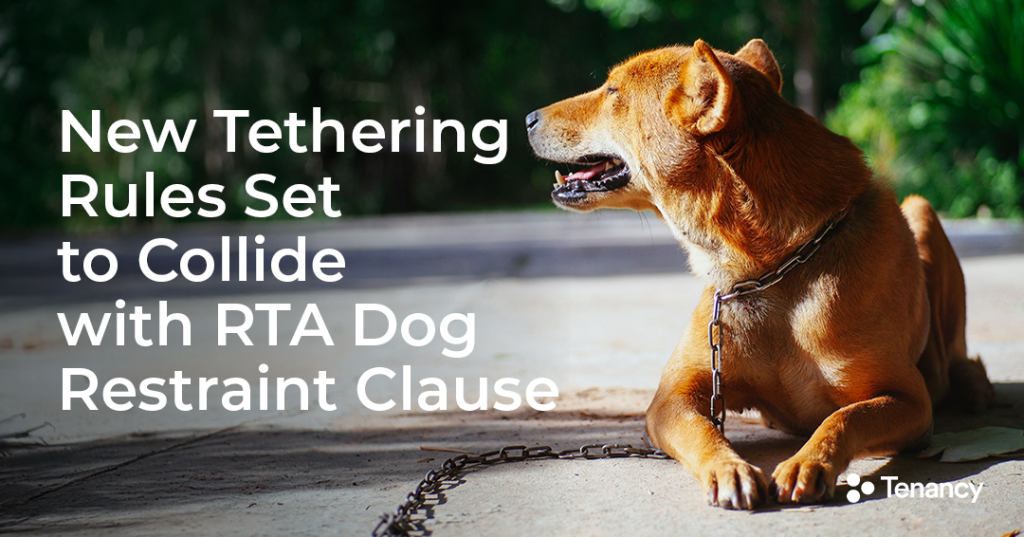
From 25 September, new animal welfare regulations will prohibit prolonged tethering of dogs in ways that cause them harm.
Inspectors will have authority to issue $300–$500 fines, with prosecution possible for serious breaches under amendments to the Animal Welfare (Care and Procedure) Regulations 2018.
Vulnerable animals, like puppies or pregnant dogs, cannot be tethered at all, except for short, temporary situations.
The move has been welcomed by the SPCA, which says life-chaining has caused immense suffering across New Zealand.
Life chaining means keeping an animal under ‘prolonged tethering and confinement’, according to the animal welfare advocates.
Associate Agriculture Minister Andrew Hoggard said tethering for long periods creates distress, behavioural issues, and risks for owners, the public, and other animals.
But these changes raise a complex legal conflict: under the upcoming RTA Amendments, landlords may be able require tenants to restrain dogs on properties when access is required under Section 48, through clauses in tenancy agreements. In fact, this clause is used as an explicit example in the RTA Amendments, as highlighted in this week’s Snippet.
With the new regulations limiting or banning tethering, tenants and property managers could be caught between compliance with tenancy conditions and animal welfare law.
Farm working dogs remain exempt if regularly exercised, but for urban tenants, this intersection between tenancy obligations and animal welfare standards may create disputes.





